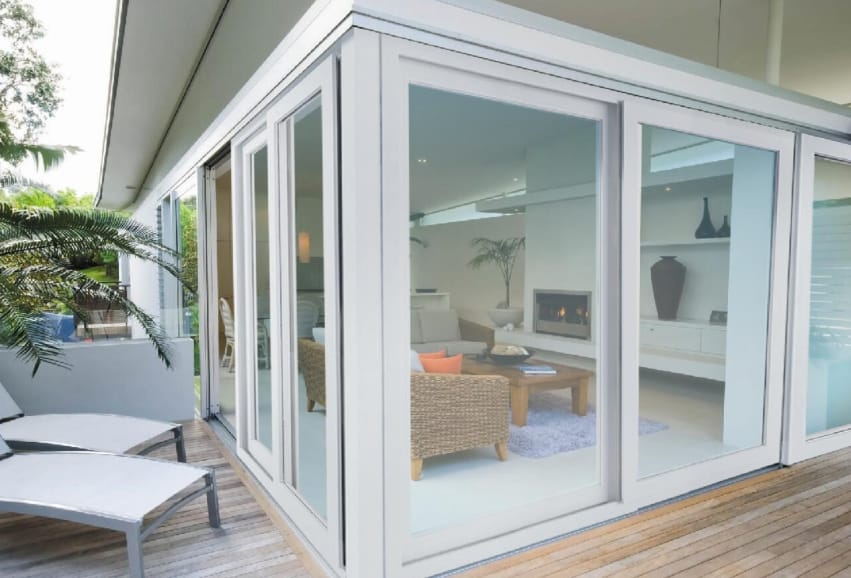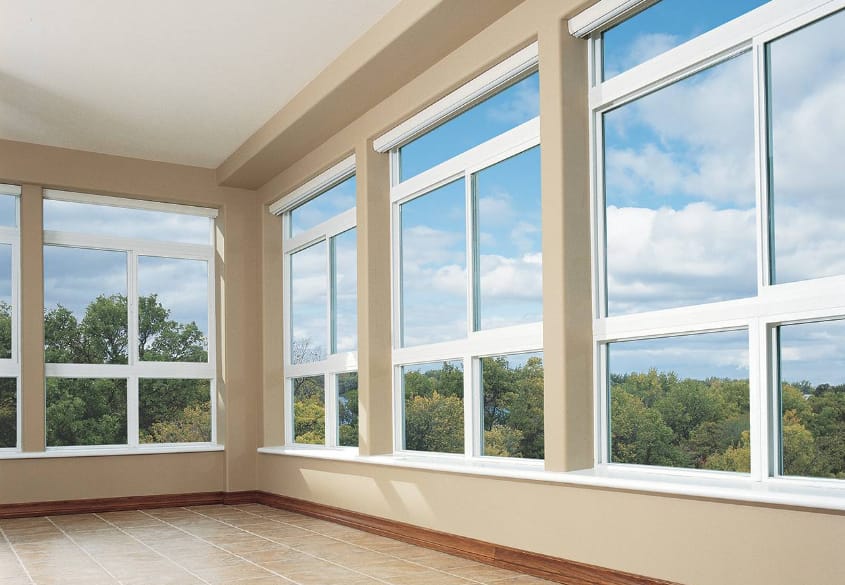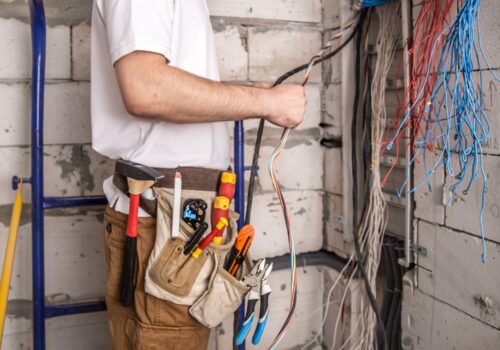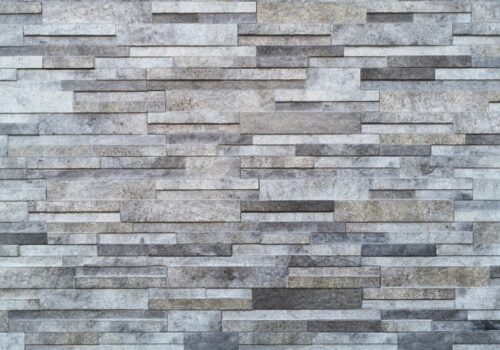The Environmental Benefits of UPVC Windows
In the face of growing environmental concerns, the construction industry has shifted its focus towards sustainable building practices. As a result, environmentally friendly materials have become increasingly popular in recent years. One such material is UPVC, which is widely used for window frames. In this article, we will explore the environmental benefits of UPVC windows.
Energy Efficiency
Energy efficiency is one of the most significant environmental benefits of UPVC windows in NSW. These windows are highly efficient at insulating buildings, which can help to reduce energy consumption and lower greenhouse gas emissions. The insulation properties of these windows are due to the material’s low thermal conductivity. This means that they can help to maintain a constant temperature inside buildings, reducing the need for heating or cooling.
Furthermore, they are also effective at reducing noise pollution. The insulation properties of the material can block out external noise, creating a more peaceful and comfortable living or working environment.
Durability and Longevity
UPVC windows are known for their durability and long lifespan. They are resistant to moisture, corrosion, and fading, and do not require regular maintenance. Unlike wooden windows, which can rot or warp over time, they can last for up to 30 years or more. This extended lifespan reduces the amount of waste produced from window replacements, making them an environmentally sustainable option.

Recyclability
Another significant environmental benefit is their recyclability. At the end of their lifespan, UPVC windows can be recycled and repurposed into other products, reducing the amount of waste that ends up in landfills. The recycling process also requires less energy than producing new materials, making it a more energy-efficient and environmentally friendly option.
Reduction of Deforestation
Deforestation is a major environmental issue, with millions of hectares of forests being destroyed each year. UPVC windows can help to reduce the demand for wood-based products, such as wooden window frames. By using UPVC instead, builders can help to reduce deforestation and preserve natural habitats. This is particularly important for areas with hig biodiversity, where deforestation can have a devastating impact on local ecosystems.
Conclusion
In conclusion, UPVC windows offer significant environmental benefits. They are energy efficient, durable, recyclable, and can help to reduce the demand for wood-based products, which contributes to deforestation. As we continue to face growing environmental challenges, it is crucial that we adopt sustainable building practices to minimize our impact on the planet. By choosing UPVC windows, we can make a small but significant contribution towards a more sustainable future.





